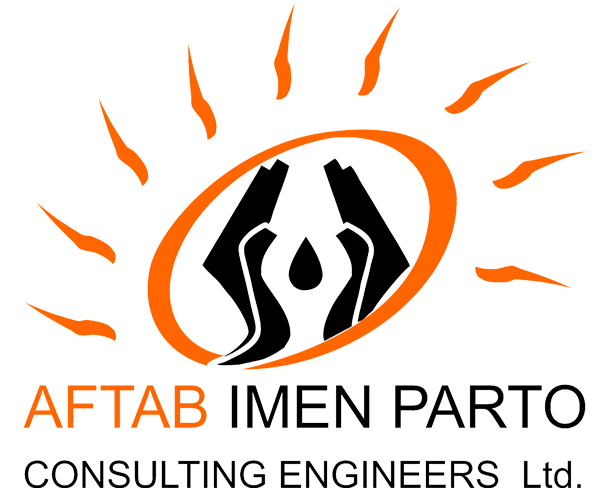What is HAZOP?
HAZOP (Hazard and Operability Study) is a structured and systematic technique used to identify potential hazards and operational issues in industrial processes, particularly in the oil and gas, petrochemical and chemical industries. It involves a multidisciplinary team that systematically examines the process design, using guide words (such as “No,” “More,” “Less,” “Reverse”) to explore potential deviations from the intended operation and their possible consequences.
Objectives of a HAZOP Training Course
A HAZOP training course aims to provide participants with:
1. Understanding the HAZOP Methodology–Learning the principles, guide words, and structured approach used in HAZOP studies.
2. Risk Identification and Mitigation–Teaching participants how to identify process deviations, their causes, consequences and how to propose effective risk mitigation measures.
3. Teamwork and Facilitation Skills–Training engineers and HSE professionals to lead or participate in HAZOP studies as facilitators or team members.
4. Regulatory Compliance–Ensuring that participants understand industry standards (e.g., IEC 61882) and regulatory requirements for conducting HAZOP studies.
5. Application of HAZOP in Real-World Scenarios–Providing case studies and hands-on exercises to practice HAZOP on Piping and Instrumentation Diagrams (P&ID) and process flow diagrams.
Who Should Attend a HAZOP Training?
• This training is valuable for professionals involved in process safety and risk management, including:
• Process Engineers & Chemical Engineers–Responsible for designing and optimizing industrial processes.
• HSE (Health, Safety & Environment) Professionals–Ensuring compliance with safety regulations and hazard identification.
• Project Engineers & Managers–Overseeing projects involving new process designs or modifications.
• Operations & Maintenance Personnel–Understanding operational risks and improving safety practices.
• Risk Analysts & Safety Engineers–Specializing in safety assessments and risk management strategies.
• Regulatory Compliance Officers–Ensuring that facilities meet national and international safety standards.
A HAZOP training course is particularly important for professionals in oil and gas, petrochemical, pharmaceutical and power generation industries, where process safety is a critical concern.

